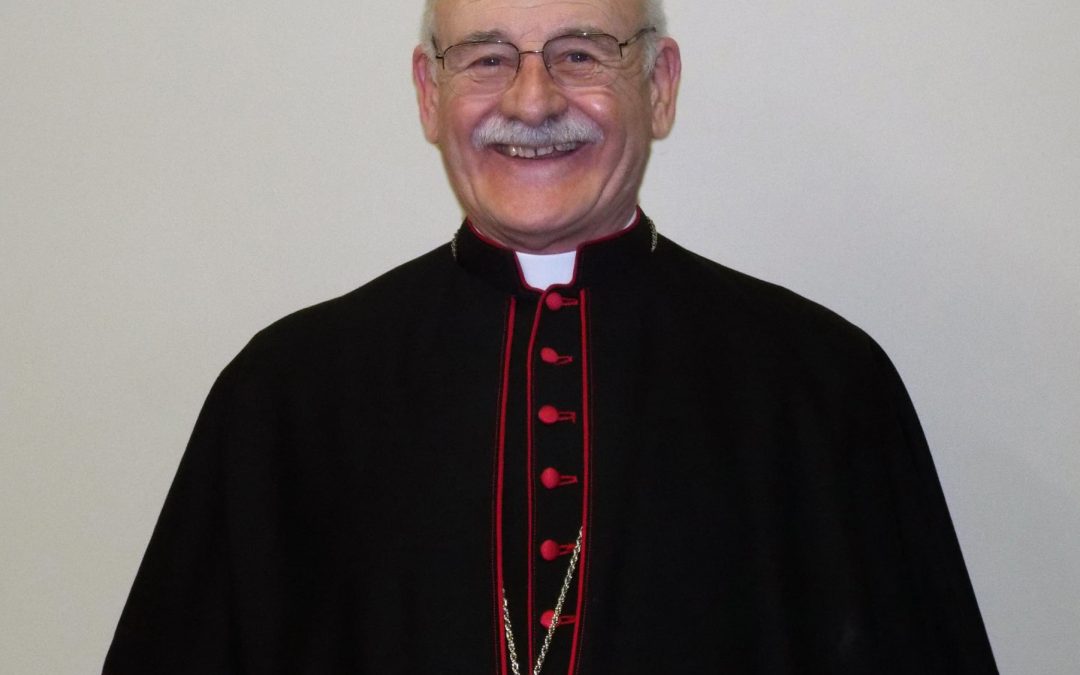The Roman Catholic Diocese of Prince Albert is speaking about the discovery of 215 children at a former residential school in Kamloops British Columbia.
Bishop Albert Thévenot, who is set to retire at the end of this week, said the discovery at the former Kamloops Indian Residential School was sad news to hear.
“It’s not a very happy day and its very shocking news,” he said.
Since the discovery in Kamloops, there have been calls from residential school survivors for churches that were involved in the residential school system to release the records they have, specifically when it comes to the students who attended. Thévenot said the P.A. Diocese is prepared to make what they have available.
“We are looking at all the different records that we can make available for the people,” he said.
There were three Catholic residential schools which operated in the P.A. Diocese area in the communities of Prince Albert, Onion Lake and Duck Lake. The bishop added there were schools which were not operated directly under a diocese, but rather by congregations, which could limit the amount of records the diocese has.
Bishop Thévenot said when it comes to apologizing for the residential school system; he is prepared to offer one on behalf of the diocese. Thévenot added he has expressed regret on the diocese’s behalf in writing on previous occasions.
“We’re very sorry of what has happened and how it all went,” he said.
Thévenot explained along with the apology there has to be other work done. The bishop said he does see a role for the church in the process of reconciliation, specifically working to help those who are dealing with the after effects.
“Working with the people who are with addictions, working with people who are suicidal, working with families that have many challenges in today’s society,” he said.
Besides offering services, Thévenot said the church and First Nations have to be involved in truly working together going forward. He explained the diocese has worked to educate priests and other people in their organization about Indigenous language and culture.
The diocese has also established a First Nation Circle made up of priests and sisters along with First Nation’s people who have tried to connect with Indigenous communities.
“They have gone around to the different communities to create and recreate kind of a bond of friendship,” said Thévenot.
When it comes to the Vatican and specifically the issue of Pope Francis himself issuing an apology, Thévenot said he understands First Nations would like an apology to be delivered by the Pope on Canadian soil.
“Maybe that would be a possibility,” he said.
Since the discovery at the former residential school in Kamloops the P.A. Diocese has heard from people who are Indigenous and are also members of the church who are upset. The bishop said they understand where those people are coming from.
“I respect their opinion, I respect their reaction, I respect their anger, but I will always be there even when they are angry and when they are not happy with us because that’s the only way we’re going to overcome it,” said Thévenot.
(Bishop Albert Thévenot: Photo Courtesy of Roman Catholic Diocese of Prince Albert Facebook)
